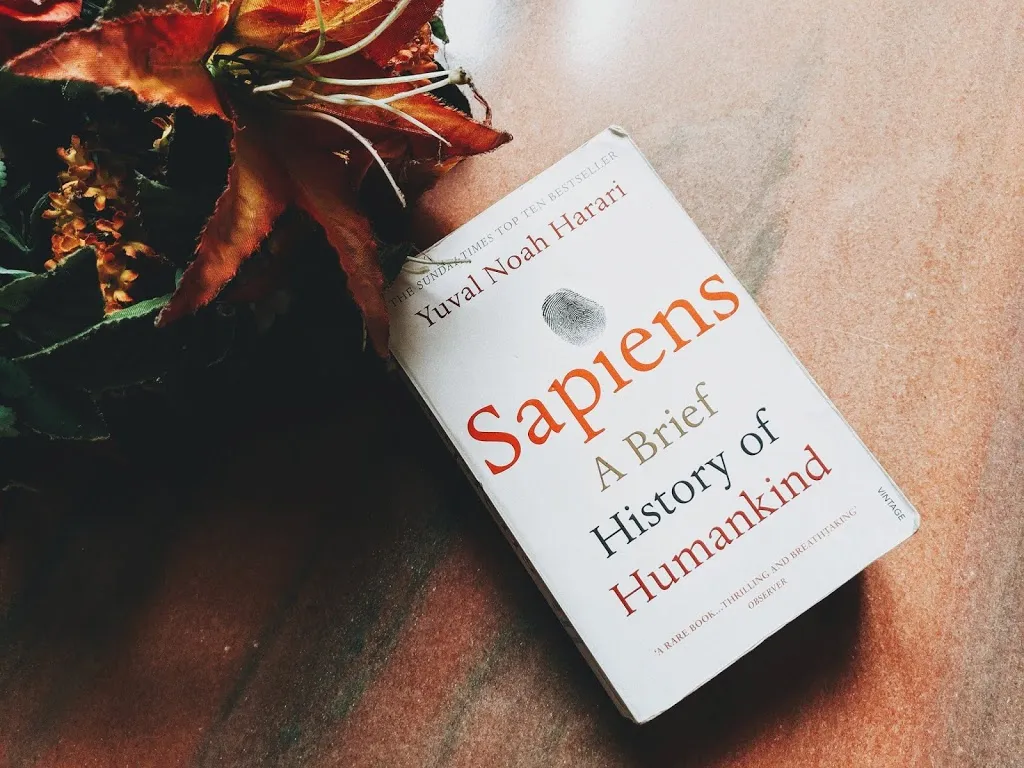
Sapiens: A Brief History of Humankind book
2021, Dec 01
“Sapiens: A Brief History of Humankind” by Yuval Noah Harari is a book that explores the history of the human species from the evolution of Homo sapiens in Africa to the present day. The book covers a wide range of topics, including the development of agriculture, the rise of empires, the emergence of religion, and the impact of modern technology on society.
20 highlights about the book:
- Homo sapiens evolved in Africa around 200,000 years ago and eventually spread to every corner of the globe.
- The development of agriculture and the domestication of animals allowed humans to settle in one place and form complex societies.
- The rise of empires and the creation of large-scale systems of governance led to the development of centralized states and the creation of nations.
- The emergence of monotheistic religions such as Judaism, Christianity, and Islam had a significant impact on human history and shaped the values and beliefs of many cultures.
- The scientific revolution and the Enlightenment led to the emergence of modern science and the questioning of traditional beliefs and authority.
- The Industrial Revolution marked a major turning point in human history, as it led to the widespread use of machines and the development of mass production.
- The growth of capitalism and the global economy has had a significant impact on the way we live and work, and has contributed to the rise of multinational corporations and globalization.
- The development of modern technology, including the internet and social media, has transformed the way we communicate and interact with one another.
- The concept of “human rights” has become increasingly important in modern times, and has led to the creation of international laws and agreements to protect the rights of individuals.
- The rapid rate of technological progress and the increasing impact of humans on the environment have raised concerns about the long-term sustainability of our planet.
- The book discusses the role of storytelling in human history and the way in which stories shape our beliefs and values.
- It also examines the concept of “imagined realities” and how they have helped to shape human societies and create shared beliefs and values.
- The book explores the relationship between humans and other animals, and how our interactions with other species have shaped the course of human history.
- It discusses the impact of climate change on human societies and the importance of addressing environmental issues in order to ensure the long-term survival of our species.
- The book covers the history of human conflict, including wars, revolutions, and other forms of violence, and examines their causes and consequences.
- It also looks at the role of art, music, and literature in human culture and the way in which these forms of expression have evolved over time.
- The book examines the role of religion in human society and the ways in which it has shaped our beliefs and values.
- It discusses the concept of “happiness” and how it has been understood and pursued by different cultures throughout history.
- The book concludes with a discussion of the future of humanity and the potential impacts of emerging technologies on our society and way of life.
- Overall, “Sapiens” is a comprehensive and thought-provoking exploration of the history of the human species and its place in the world.